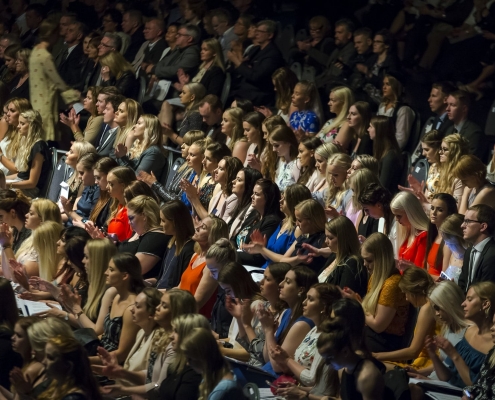
Malaguzzi, Aristotle and Dewey on the task of early-years moral education
Paying homage to one of Dr. Guðrún Alda Harðardóttir’s academic gurus, Loris Malaguzzi, this chapter compares and contrasts the views of Malaguzzi on early-years moral education with those of two of his own academic influencers, Aristotle…

A realistic nostalgia for the future — exploring materials and material utterings in a preschool for sustainability
In Nordic kindergarten, activities with materials have had a significant position historically. The Norwegian term “forming” includes both the material-based craftwork and the art area. Research shows that creative activity with materials…

ICELANDIC AS A SECOND LANGUAGE: UNIVERSITY STUDENTS’ EXPERIENCES
The aim of this paper is to present and analyze how university students experience teaching methods of Icelandic as a second language and communication with teachers during the learning process. The theoretical framework includes multicultural…

FORMAL AND INFORMAL SUPPORT AT ICELANDIC UNIVERSITIES: EXPERIENCES OF STAFF MEMBERS AND IMMIGRANT STUDENTS
Due to increased migration in recent decades, universities must adapt their practices to meet the needs of a changing student body. Many immigrant students desire to complete their studies at universities, yet factors such as language of communication…

THE COMPLEXITIES OF THE DOCTORAL CANDIDATE-SUPERVISOR RELATIONSHIP: VOICES OF CANDIDATES AT THE UNIVERSITY OF ICELAND
The aim of this study is to examine the complexities of the doctoral candidate–supervisor relationship within the doctoral programme at the University of Iceland through the voices of the doctoral candidates. Numerous studies suggest that…

A CROSS-CULTURAL ADAPTATION AND VALIDATION OF THE ICELANDIC VERSION OF THE MUSIC MODEL OF ACADEMIC MOTIVATION INVENTORY
We describe the cross-cultural adaptation of the middle and high school version of the MUSIC® Model of Academic Motivation Inventory (Jones, 2012) into Icelandic, in order to provide Icelandic educators with a tool to assess motivation and…
 Kristinn Ingvarsson
Kristinn IngvarssonPEDAGOGICAL ENTREPRENEURSHIP IN TEACHER EDUCATION – WHAT AND WHY?
This literature-based article is a contribution to the discussion of the concept pedagogical entrepreneurship in teacher education, what it is, and why it should be emphasised. This is done through a presentation of how the concept of entrepreneurship…

“THE DAY THE GENDER SYSTEM COLLAPSES WILL BE A GOOD DAY”: STUDENTS’ MEMORIES OF BEING GIRLS OR BOYS
This article draws on research carried out at the School of Education, University of Iceland. First year teacher students were asked to document their first memories of being girls or boys. The findings show that 82 out of 126 students’ anecdotes…



